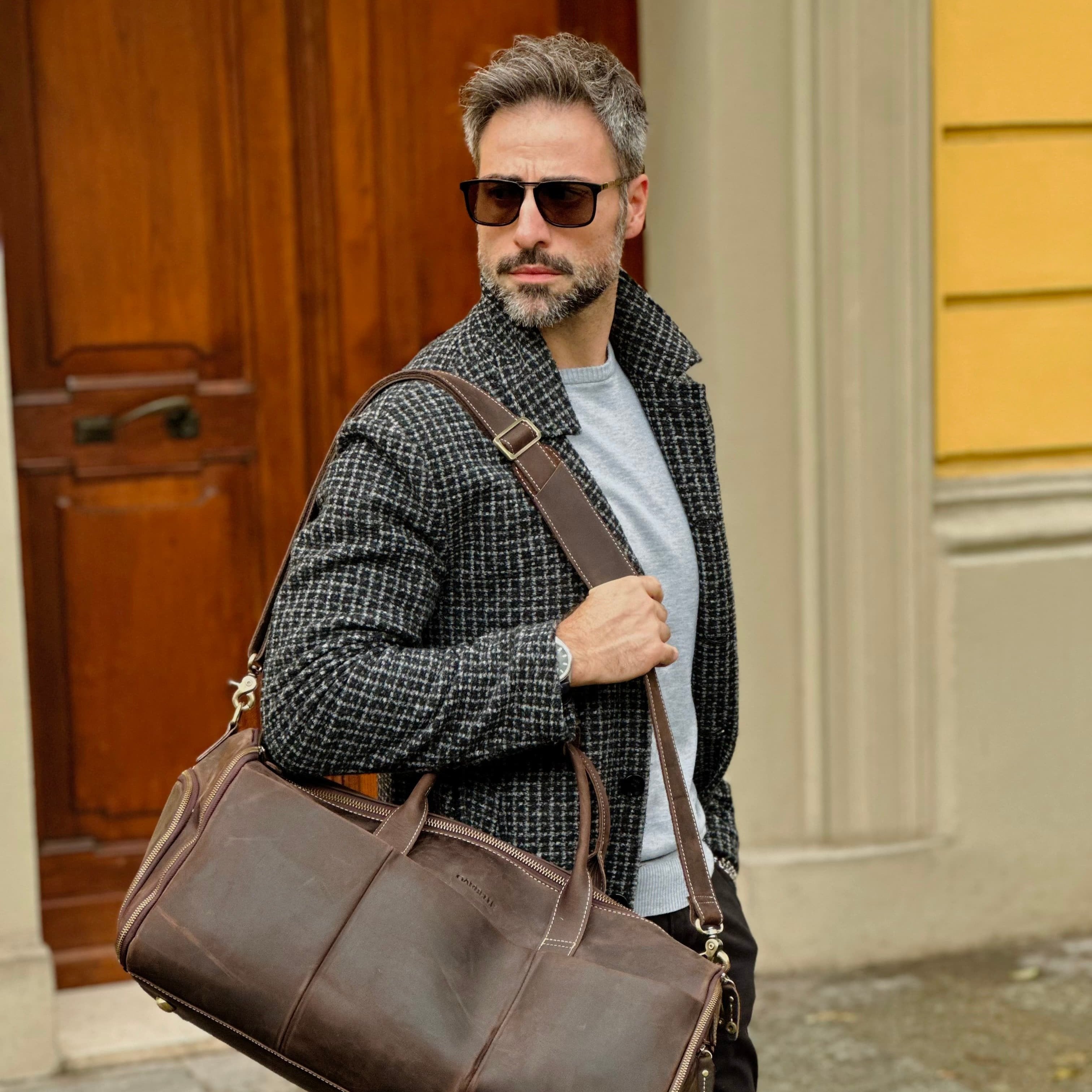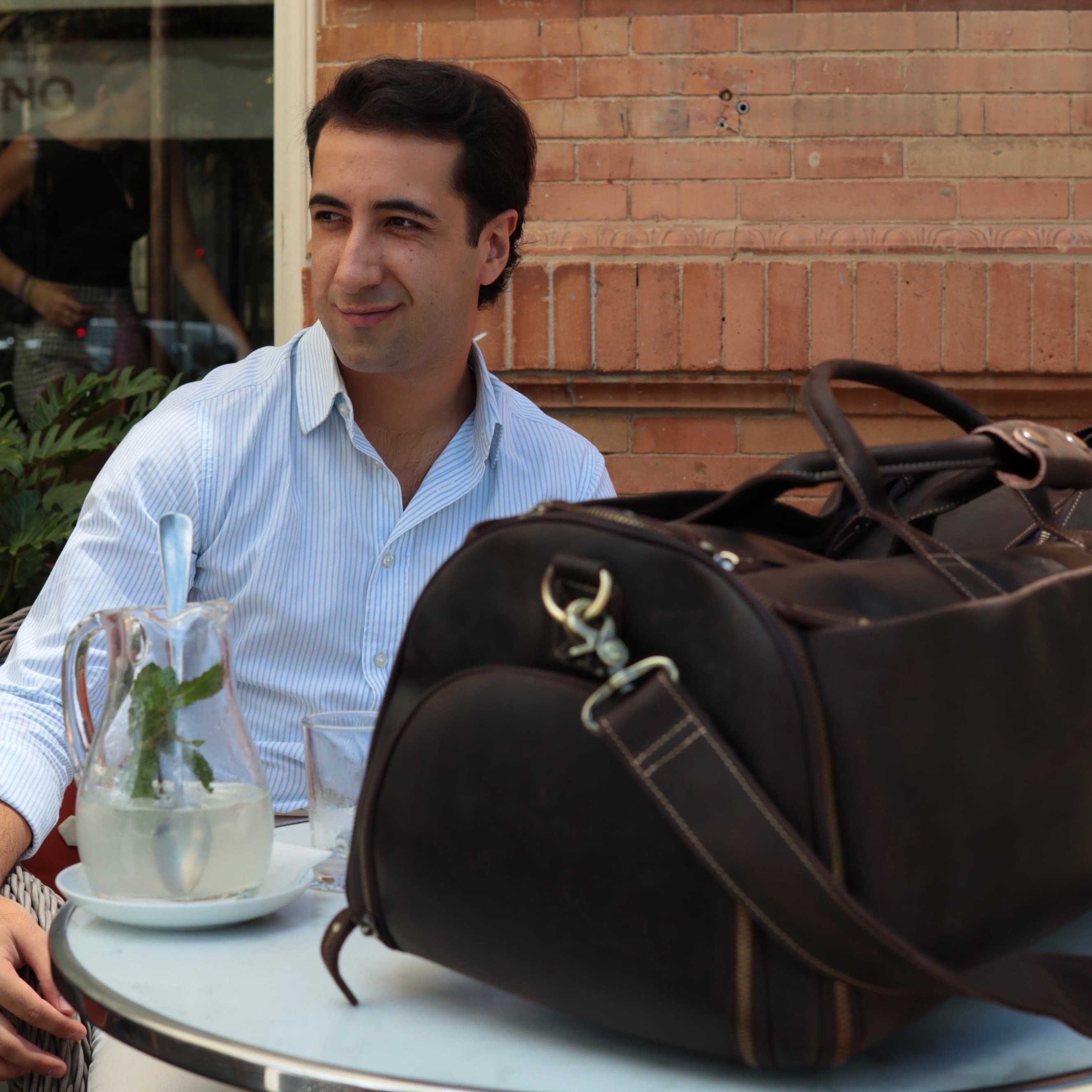Long flights can seem unproductive for many travellers. However, with a little organisation, you can turn this time into an opportunity to move forward with your projects. Hours spent flying can be put to good use. What's more, with the increase in long-haul flights in 2023, travellers will spend on average 15% more time in the air than they did 5 years ago. This represents an opportunity for those who want to make the most of this otherwise wasted time. By adopting a few simple strategies, you can stay productive and arrive at your destination with a sense of achievement.
Prepare work in advance to optimise time in flight
By downloading the necessary documents and organising your computer or tablet, you can avoid wasting time once you're in the air. What's more, given that Internet access may be limited or subject to a charge, it's best to plan work that doesn't require a connection. Many professionals believe that advance preparation is vital to staying productive while on the move. 60% of business travellers say that pre-flight preparation improves their in-flight productivity. By organising your files and creating a list of priority tasks, you can maximise your efficiency. Don't forget to charge all your electronic devices before you leave to avoid battery failure while you're working.
Using technology to work efficiently on board
Airline companies are increasingly offering in-flight Wi-Fi. Even if it is not always optimal, it allows you to send e-mails or consult documents online. What's more, some applications are specially designed for offline working, making it easier to take notes or edit documents. The use of mobile productivity tools continues to grow, making it easier to work remotely. You can also use project management software to collaborate with your colleagues even when you're offline. Ultra-lightweight tablets and laptops have become indispensable companions for travellers. By investing in quality equipment and a men's leather carry-on bag, you'll ensure a smoother in-flight working experience.
Managing your time to avoid fatigue
Working during a long flight can be exhausting if you don't allow yourself breaks. It's important to divide your time between work and rest to maintain a sufficient level of energy. For example, you could alternate 45-minute work sessions with 15-minute breaks. This method, inspired by the Pomodoro technique, helps you stay focused and avoid mental overload. Productivity experts also recommend doing a few stretches in your seat to improve blood circulation. Hydrate regularly to combat dehydration caused by the dry cabin air. By planning your sleeping hours, you can also reduce the effects of jet lag.
Taking advantage of flying to learn new skills
Listening to podcasts, taking pre-downloaded online courses or reading digital books allows you to learn about a variety of subjects. The popularity of online learning platforms continues to grow, offering numerous learning opportunities. For example, platforms such as Coursera or Udemy offer courses that you can take offline. 35% of professionals use flight time for personal development. It's a great way to turn passive time into an enriching experience.
Taking breaks to stay focused
Relaxing during the flight should not be underestimated. Allowing yourself moments of relaxation, such as listening to soothing music or practising breathing exercises, helps to reduce stress and improve concentration. Studies show that regular breaks increase overall productivity. Meditation applications can be useful for guiding your moments of relaxation. Awareness of mental health when travelling has increased, encouraging more people to take care of their well-being. Good stress management can also improve your performance once you arrive at your destination.
What if turning long flights into productive moments became a beneficial new habit for your projects? By adopting these strategies, you can not only achieve more, but also make your travels more enjoyable. Every minute counts, and long-haul flights are no exception. Why not start incorporating these tips on your next trip and see the difference for yourself?






